Summer is a common time to buy a new air conditioner to quell the heat and rising temperature, but you'll have to make a choice between a Sharp AC and a Carrier AC. If you're not sure which to go for, we have in-depth research about the best air conditioner and some tips to help you choose between a Sharp or Carrier AC.
If your concern is efficiency and durability, Carrier is the right one for you. Its silent operation provides comfort in homes, and some units even have an air purification system. But if cost is a problem, Sharp AC may be your best deal. It may not have the latest innovations like Carrier, but it can still deliver your standard cooling capacity needs and is substantially cheaper.
Air conditioners don't just provide comfort and ease but also reliability and efficiency. Keep reading as we delve into choosing between the two ACs, including the pros and cons of these brands and which is a better pick.
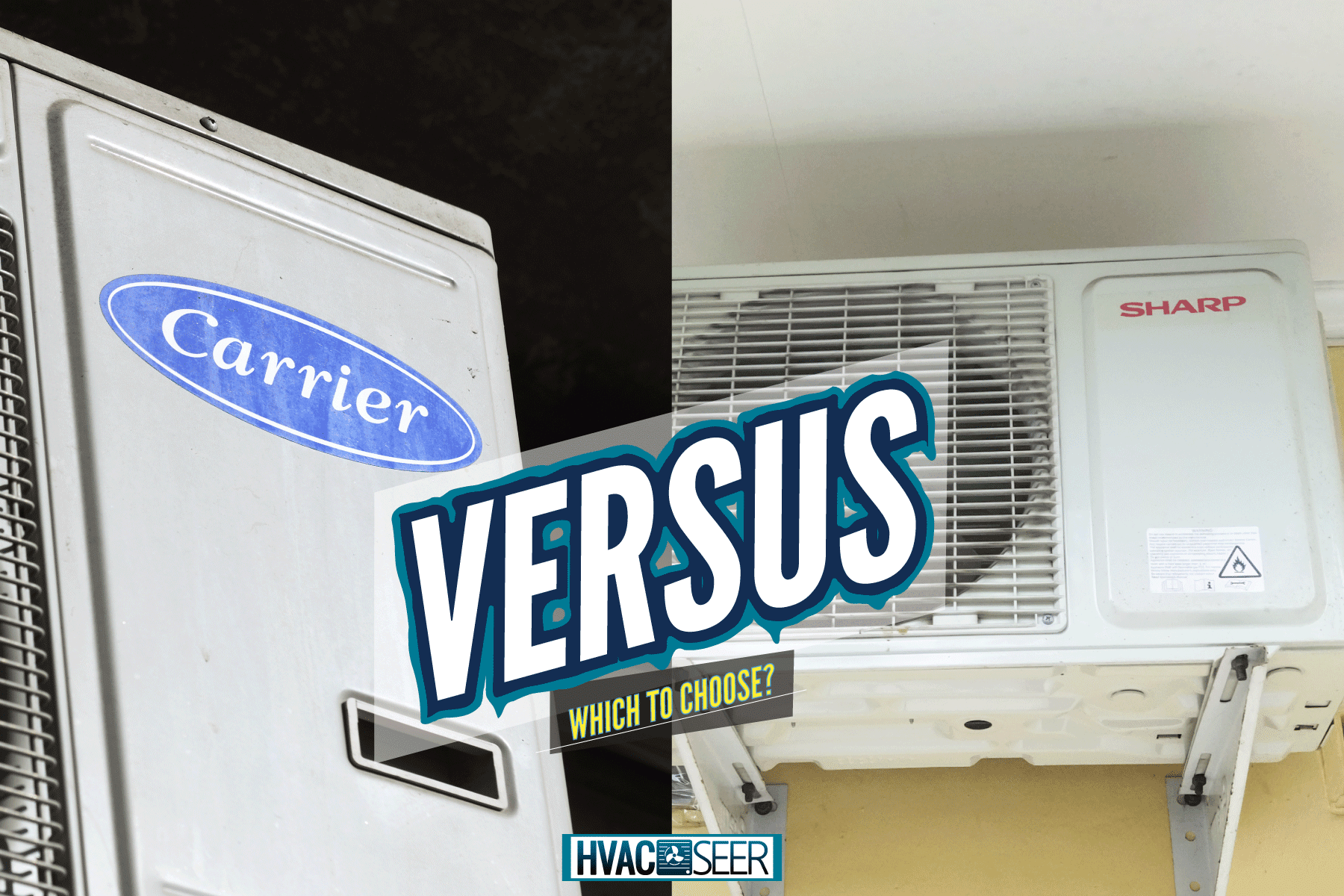
About the Companies
For most homes, comfort is the main factor in choosing a good AC brand, regardless of the cost. Find out how Carrier and Sharp seek to bring comfort through their air conditioners.
Carrier
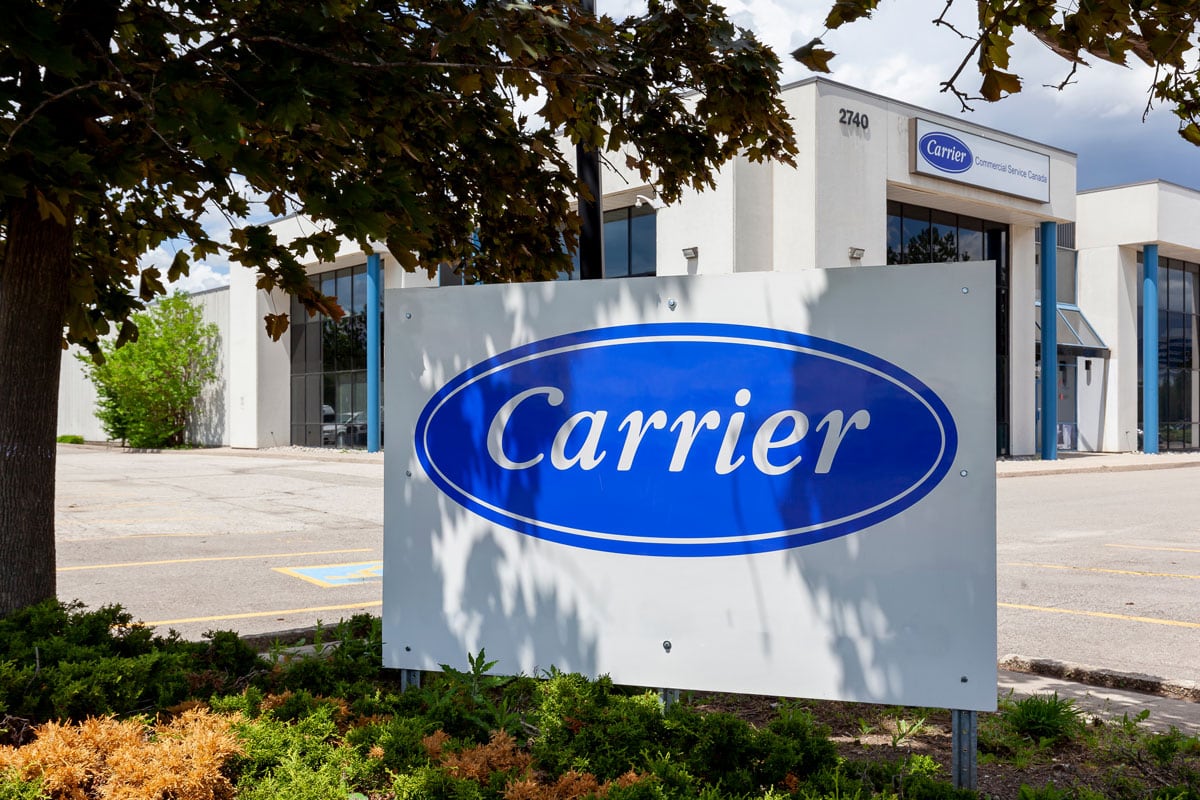
This pioneer of air conditioners was founded in 1902 by Willis Carrier, who developed the modern air condition system. Carrier produces some of the quietest and most energy-efficient units on the market. Professional reviewers say that the brand is known for its quality construction and long lifespan if maintained properly.
While Carrier isn't cheap as other available options in the market, its AC products provide a wide range of models that fits your budget needs. The brand has three HVAC series: Infinity, Performance, and Comfort, which cater to your preference and budget.
The brand is known for its good design both aesthetically and operational. Its parts are available on the market and have easy service and maintenance. If your preference is a good yet high-quality brand, Carrier is worth the investment.
Sharp
The company name comes from the first-ever mechanical pencil invented by Tokuji Hayakawa in 1912. Founded in Tokyo, Sharp comes with a long line of products and electronic devices. The brand may not have the aesthetically pleasing design like any other brand, but its inside is what makes consumers purchase the product.
What's in the bag for the brand is its latest design on Plasmacluster Ion Technology which covers both comfort and protection for your family and home. This brand gears its AC units with a cost-efficient energy-saving mode, which gives more value for your money.
Click here to see this Sharp J-Tech inverter air conditioner on Amazon.
Brand Comparison
Both companies sport advanced air conditioning systems that not only provide customer satisfaction, but also a cleaner and greener means of comfortable living.
Let's take a look at these two brands top of the line AC units and compare their specifications.
Efficiency
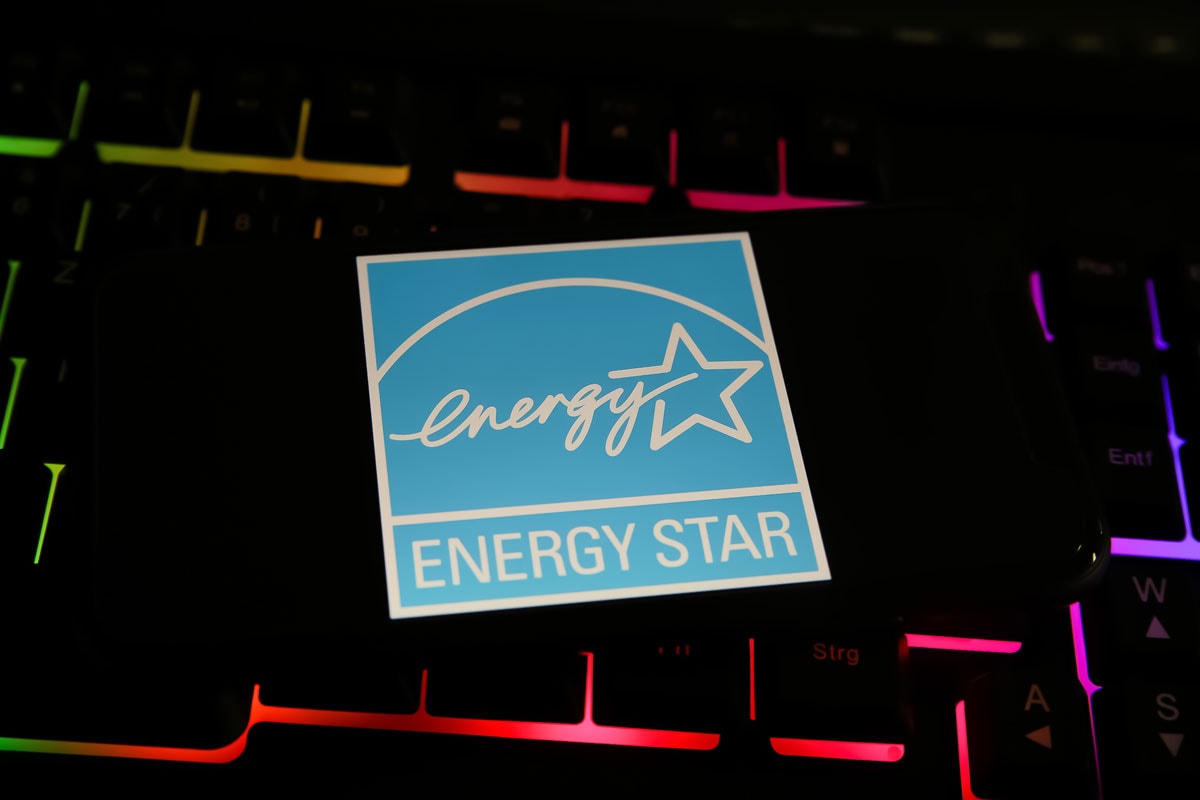
The measurement of an air conditioner's energy efficiency is through its SEER ratings. In practical terms, the SEER rating determines how much of your utility bills you can save. It's hard to say what's best because if your aim is a higher efficiency rate in your AC, it comes with a price.
At present, the SEER rating is at 14, with 23 and above considered to have high-efficiency systems. The higher the rating, the less the noise and the more savings for indoor monthly electricity bills. Since every household's needs differ, a high SEER rating may not be recommendable.
The Infinity® 26 produced by Carrier has considered the most advanced level of technology ever created, with up to 26 SEER ratings. It has the highest efficiency rating leading among other brands. The brand's Infinity series design is to meet Energy Star's criteria for energy efficiency.
Sharp's latest products provide a decent energy-efficient rating. Its latest J-tech Inverter series achieves a SEER rating of up to 22. The series' line products are also Energy Star certified.
Sound Performance
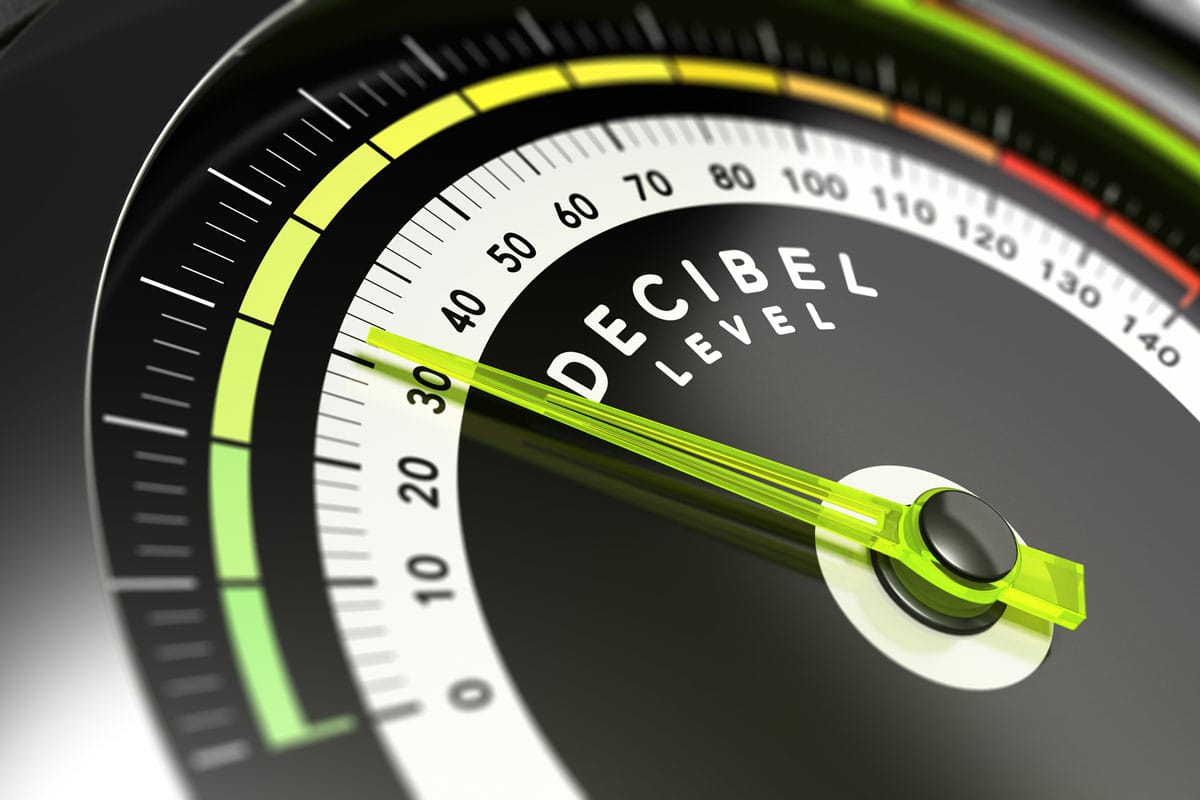
Air conditioners are already known to be loud and noisy machines. The noise may cause discomfort and affect the overall health to sustain a fitful and comfortable sleep. It is one factor to consider when choosing to buy an air conditioner. You wouldn't want to wake up hearing the loud buzzing of the machine like the sound of an airplane in landing.
Many manufactures today focus on producing AC units that make minimal to no noise during operation. If you are looking for the quietest air conditioner, look at the AC's decibel rating, a unit used to measure the intensity of the sound. Around 50-60 dB range is as quiet as an aircon could get.
Carrier and Sharp's top-of-the-line models have in-range decibel levels. Their promising units assert consumers of a good night's rest throughout the night. However, there is no guarantee that units of both brands are of the same capacity. You need to test it out first before purchasing.
Additional Features
As part of companies' aim to provide homeowners with a high-efficiency comfort system, Carrier's Infinity series equipped with a Greenspeed intelligence allows them to actively monitors critical system parameters. It offers excellent humidity control. Another striking feature comes with a PM 2.5 transparent filter for preserving indoor air quality.
On the other hand, Sharp is not far below Carrier's top-of-the-line models as the J-tech series' salient feature—the Coanda effect has far more control in distributing temperature while maintaining the air circulation constant.
Sharp's latest Plasmacluster Ion Technology proves beneficial in expelling surrounding airborne particles and allergens while releasing clean and purified air. All units have been tested, passed Japan's 7 Shield Quality standard, and proven to have a safe operation and high endurance under various circumstances.
Both units come with ozone-friendly R-410 and Puron refrigerant measures against ozone depletion. It is well-used in most air conditioning systems across the country.
How Long Do Air Conditioners Last?
Whether it is a replacement for an old one or buying a new house, the most common question from homeowners is how long an air conditioner will last. Several factors affect the durability of your air conditioners, which include:
- Environmental exposure
- The rate of use
- Level of sustentation
There is no definitive answer to the question, but we can still track how long it will last with the factors mentioned above.
As Carrier claims, you can expect air conditioners to last 15 to 20 years of cooling with the right amount of care and maintenance. Each factor plays a role in the sustainability of units to last long. It is the same for a Sharp air conditioner or any other.
How much does it cost to buy an air conditioner?
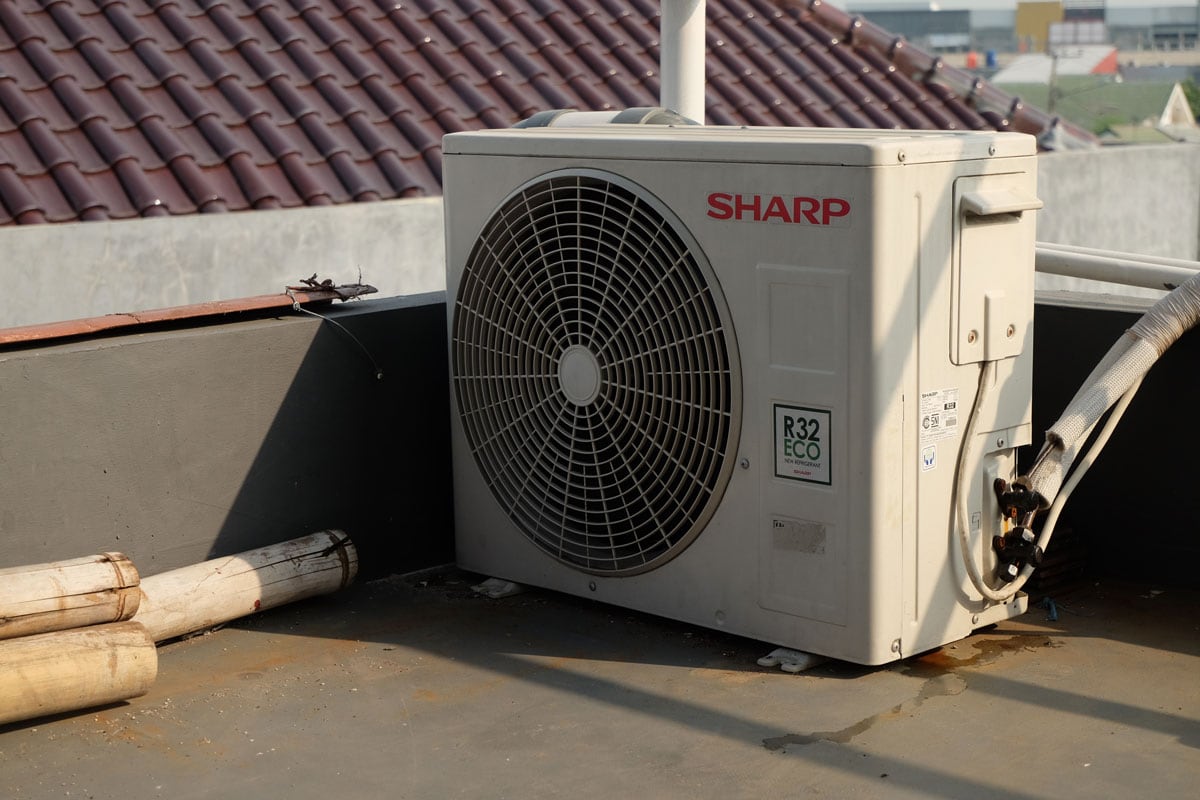
While it might be a long-term investment to buy an excellent air conditioner, prices aren't cut-rate, and it matters. Its durability is top-notched as long as it is properly maintained. However, the rate of purchasing a good quality product comes with a hefty price.
It may be true that Japan's Sharp product is inexpensive and isn't far behind. Carrier is considered a top-tier brand; installation cost ranges from $3,000 to $15,000. That's a lot of money!
The good news for both these products is the 10-year warranty that includes factory defects, limited parts, and labor.
What size should I get?
Just because an air conditioner has the most cost-efficient features doesn't mean to say you have to go for it. The size and the space differ for all. An air conditioner isn't a one size fits all product. Choosing the wrong size unit increases the chances of damaging its component and shortening its life span.
Here's a list of home sizes and the appropriate AC unit size.
- 600-1,000 sq. ft. home = 1.5 ton
- 1,000-1,300 sq. ft. home = 2 ton
- 1,300-1,600 sq. ft. home = 2.5 ton
- 1,600-1,900 sq. ft. home = 3 ton
- 1,900-2,200 sq. ft. home = 3.5 ton
- 2,200-2,600 sq. ft. home = 4 ton
- 2,600-3,200 sq. ft. home = 5 ton
Think about the right size before rushing to buy a unit just because the features are excellent and reliable.
In Closing
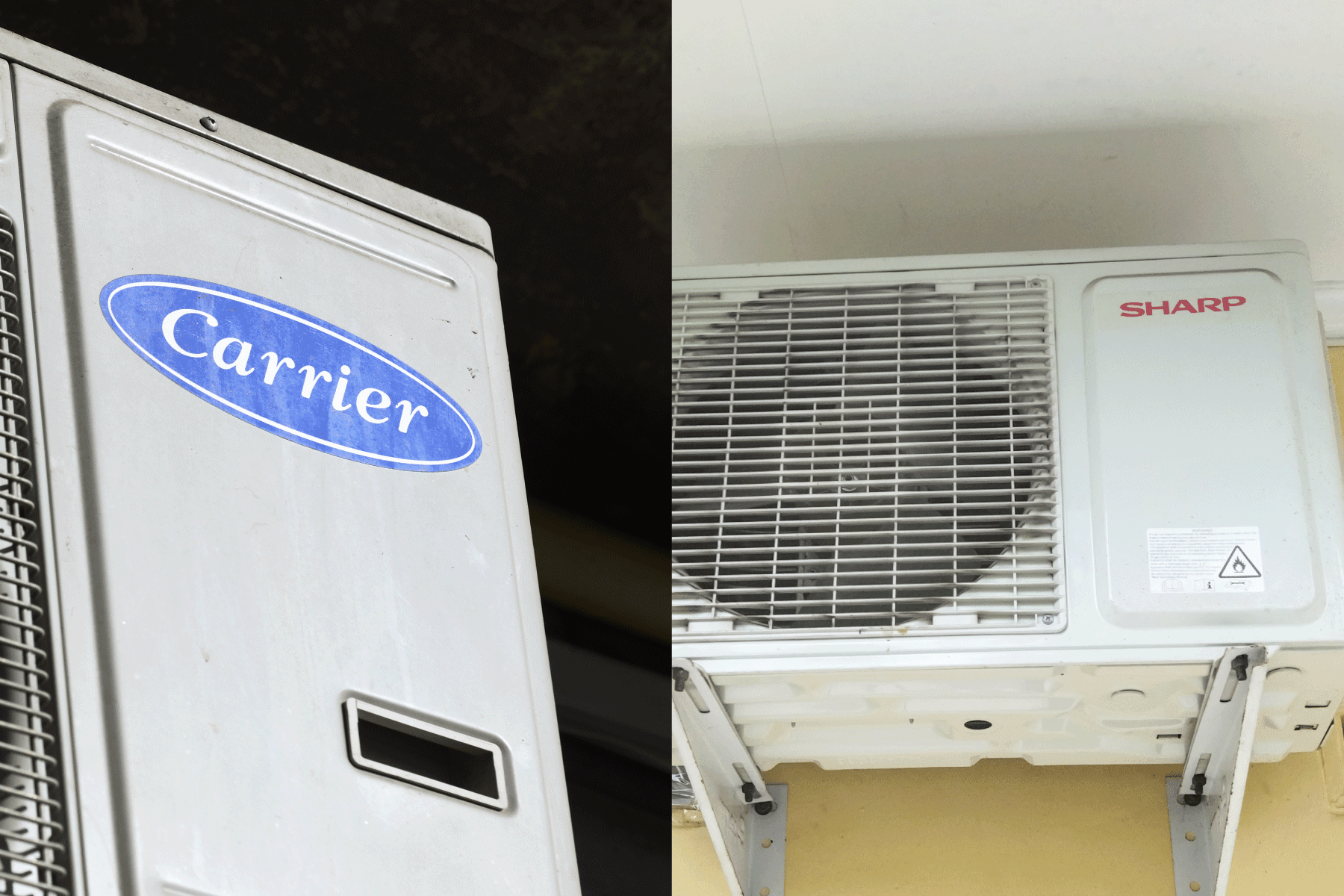
Both Sharp and Carrier air conditioners are cost-efficient and eco-friendly. But making your choice doesn't end with their reliability and sustainability. The size of your home plays a role in determining which brand to choose and what size to pick. The right one will give you comfort and will guarantee that it's worth your money.
It pays to research the brand of your choice before rushing to the store and ordering the unit. Always remember to keep things simple. Purchasing an air conditioner is a lifetime investment.
If you liked this post, check out these other relevant topics below:
American Standard Vs. Carrier: Which To Choose?

